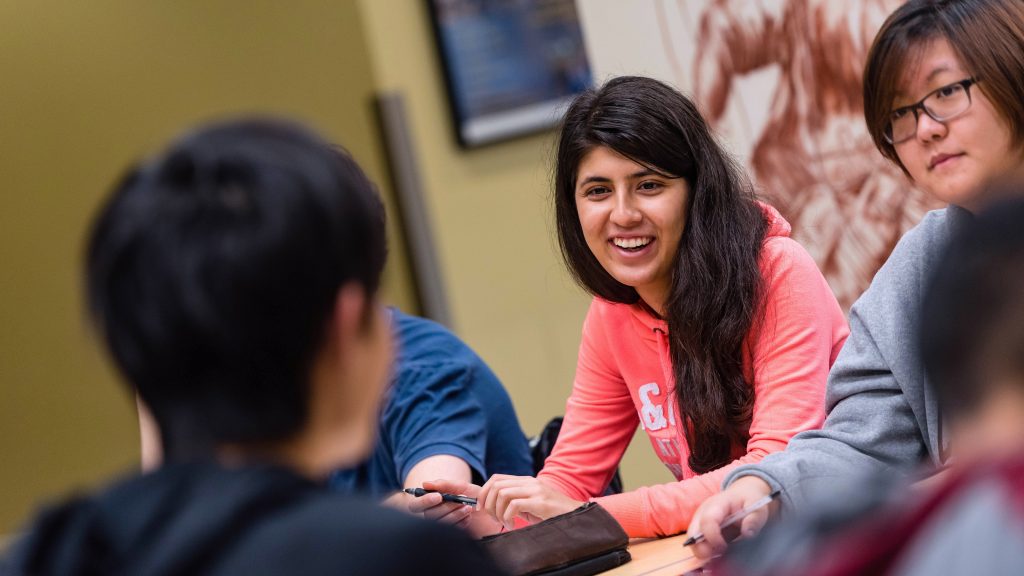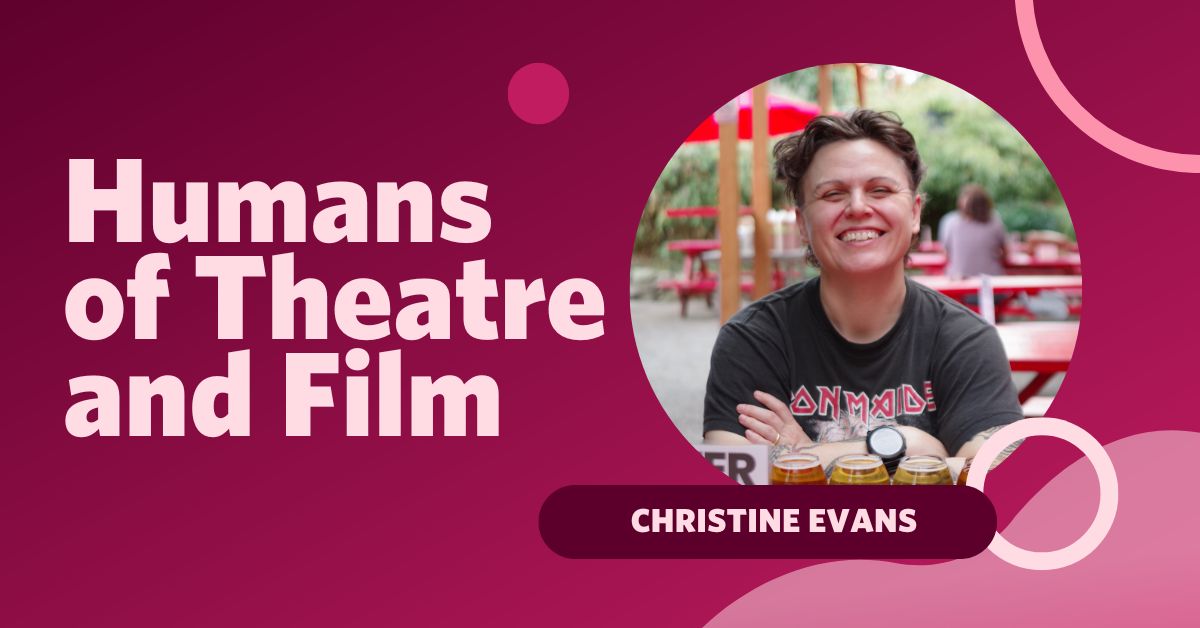

The Arts One program is composed of a team of dedicated instructors who help facilitate a positive and encouraging transition into university for first-year students. This interview series helps both current and prospective Arts One students get to know individual instructors on the teaching team. Whether you are an incoming first-year student who is still deciding which Arts One seminar to take, or a current Arts One student who wants to know more about the professors in your stream, this series is for you.
The first interview in this series features Dr. Joy Dixon (History) who is one of the members of the teaching team for “Sources of the Self.” In this interview, they reflect on their research, what made them decide to join the Arts One teaching team, their experiences as an Arts One instructor, and what students can get out of the program.
Can you tell us a little about yourself? Where are you originally from? When did you come to UBC? Etc.
I was born in Britain and my parents moved to Canada when I was very young – I grew up in a farming community in southern Ontario and was the first person in my family to finish high school. Going to university in Kingston was a chance to imagine myself in a larger world. I came to UBC 30 years ago from New Jersey, where I did my PhD. Most of my teaching has been in the History Department, but I also taught for 4 years in another interdisciplinary first year program and I am really excited to do something like that again.
Can you tell us a little bit about your fascinating research?
I grew up in a very religious family, and I’ve always been fascinated by the ways that religion shapes people’s lives and understanding of themselves and their world. Right now I’m just finishing a book that explores the intersections between the history of sexuality and the history of religion in modern Britain. My next big project is a study of evangelicalism and sexuality in Britain since 1945. When people think of the 1960s and 1970s they often tend to assume that there is an inevitable conflict between conservative evangelicals and secular “permissive” society but the reality is a lot messier and a lot more interesting than that.
What made you decide to join the Arts One teaching team?
I have always wanted to teach in Arts One and I’m glad that the timing and the theme finally worked out so that I could do that. Team teaching has always been something I’ve enjoyed and I have learned an incredible amount from other instructors about different ways to approach the material and different lecture styles. Having a chance to grapple with difficult texts alongside the students, and to work together to understand even very challenging material is a lot of fun. I also love the way that Arts One makes it possible to work closely with students around writing – a few years ago I co-wrote a handbook on writing for history students, and this is another opportunity to find ways to encourage students to develop their voice as writers and to become more confident and accomplished in their academic writing.
What makes the program unique, in your opinion?
Because Arts One is 18 credits – the equivalent of 3 full-year first year courses – students get an intensive and coherent experience that isn’t possible when they are taking 3 different courses in different departments. But because it is team-taught (this year we have instructors from Political Science, History, Music, English, and Asian Studies) they still get exposed to a variety of disciplinary perspectives and multiple viewpoints. It also means that students in Arts One get to know the other students in their section – and the instructor – in a way that rarely happens in other first year courses, which can often be large and impersonal. The signature part of Arts One, though, is the practice of having students share their essays with other students – reading and critiquing each other’s papers in a supportive and constructive way, and learning from each other as much as from the professor.
Can you talk a bit about this year’s topic?
This year our theme is “Sources of the Self.” What makes us who we are? What resources do we have to think about our identity and our relationship to the world? Those are questions that have been answered in radically different ways over time and in different places. We have tried to bring together a range of texts that allow us to see the complicated ways that those questions have been asked and answered, and to trace not just continuities across time and space but also discontinuities and conflicts over those questions – they raise the question of what it means to be human, of what ties us together as humans and what divides us. How do power and privilege (or the lack of them) affect the answers to those questions?
One of the features of Arts One is that you guide students through a text that you may never have encountered before, or at least haven’t engaged with in many years. (For me it was Plato’s Republic.) Is there such a text on this year’s reading list that was especially rewarding to work on?
A reading that was very new to me was the extracts we read from the Upaniṣads, which are texts that were composed orally in Sanskrit between 700 and 300 BCE. The material raised a whole series of challenging questions about the nature of the self and of the real. The topic was thousands of years and half a world away from the work I usually do, and (because of a scheduling issue) we started our discussions without the benefit of a lecture on the topic. But by working carefully through some key passages together we managed to make very good sense of it, and we all came out of class not only with a better understanding of the reading, but with more confidence in our collective capacity to understand it.
What would you tell a student considering Arts One but who hasn’t yet decided?
Arts One provides real community and gives students a sense of an academic “home” inside what can otherwise be an overwhelming first year experience. It provides a range of learning opportunities – lectures from the whole teaching team, smaller seminars where we get to have in-depth discussions, and small-group tutorials where students exchange their written work and learn from each other and help each other to improve. It’s excellent preparation for any major in Arts. Arts One students come out of the program with a real ability to read almost any text and understand its key points, to develop and support arguments about those texts, and to speak and write effectively and persuasively.


